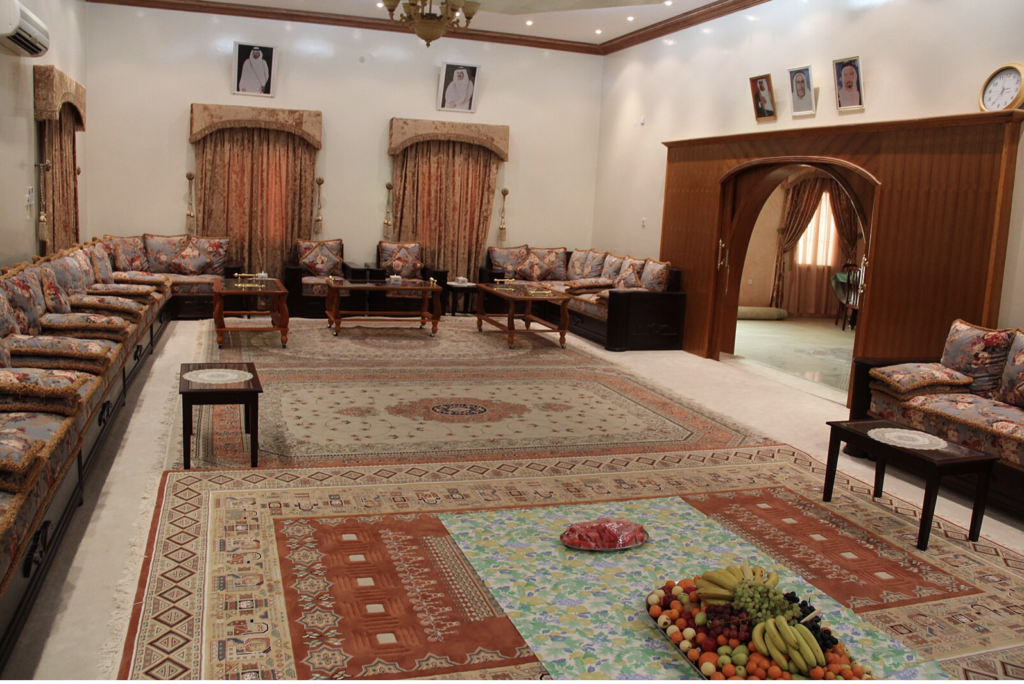Desert Diplomacy: The Art of Conflict Resolution Among Arab Tribes
By: Rania Basria / Arab America Contributing Writer
For thousands of years, Arab tribes in the arid deserts of the Middle East devised complicated methods of conflict settlement to guarantee communal unity. These techniques, which are steeped in history and formed by the necessity for survival in resource-constrained contexts, place an emphasis on negotiation, mediation, and communal decision-making. Beyond their historical significance, these mechanisms continue to impact current diplomacy, teaching timeless lessons in the art of reaching an agreement and settling conflicts.
The notion of wasata (mediation) is central to tribal conflict settlement. Mediators, who are frequently elders or respected members of the tribe, play an important role as neutral third parties. They are picked for their wisdom, objectivity, and knowledge of tribal dynamics. Their major purpose is to bridge gaps and suggest solutions that restore balance while upholding the dignity of all parties concerned. Honor and reputation are fundamental to Arab tribal culture, therefore mediation is not only a practical tool for peace, but also a means of upholding societal norms.
Negotiation, or mufawada, supplements mediation by encouraging direct discussion between opposing parties. In tribal cultures, talks are frequently held in ceremonial gatherings that represent the gravity of the conflict. These discussions promote patience and mutual respect, with an emphasis on identifying common interests and reaching compromises. The process is very collaborative, led by cultural principles emphasizing humility and the avoidance of humiliation for all parties. This emphasis on maintaining dignity makes agreements more likely to be respected and upheld.
The majlis, or tribal council, is another important part of tribal conflict resolution in which elders and significant players meet to discuss conflicts. The majlis functions on the ideals of inclusion and consensus, allowing all opinions to be heard. Collective decision-making strengthens communal relationships while also guaranteeing that outcomes are viewed as fair and legitimate. This collaborative method not only settles specific disagreements, but it also improves the social fabric by reinforcing shared ideals and commitments.

View of a traditional majlis in northern Qatar
These historic methods are still relevant today, notably in the field of diplomacy. Many Arab leaders and negotiators draw on their tribal background when resolving problems, using strategies like third-party mediation, patience in negotiation, and consensus-building to negotiate complicated political environments. The emphasis on honor, mutual respect, and communal decision-making is still important, providing a framework for resolving issues in ways that foster stability and trust.
In a world increasingly characterized by split politics and fractured discussions, the lessons of Arab tribal dispute resolution are extremely valuable. These age-old techniques indicate that the art of diplomacy is not limited by time or territory by emphasizing discussion, building mutual understanding, and balancing competing interests. Instead, it is a universal pursuit of harmony, founded on humanity’s continuous longing for peace.
Check out our blog here!








